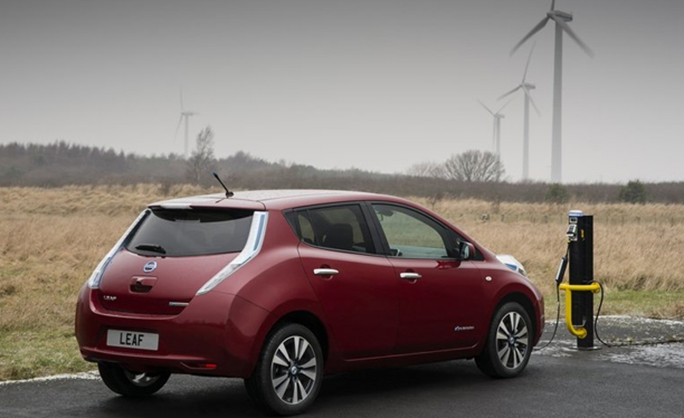The electric vehicle is both alive and well.
Alive, yes. Well? That’s a new one.
Contrary to recent reports of the electric car’s pending flop (see this AOL Autoscolumn), a pair of researchers say EVs are gaining in popularity among consumers and that sales are actually ahead of long-term growth projections.
“The interesting thing is that the industry can change,” said Mark Cooper, director of research for the Consumer Federation Of America. We frequently say it never changes. It can change. It’s like an aircraft carrier. It takes a lot of time to change direction. But once it does, it has a lot of momentum.”
Cooper contends that electric car is on the verge of picking up that momentum. Sales of electric cars and plug-in hybrids, he says, have actually outpaced hybrid sales during their first three years in the marketplace.
Introduced in 2000, it took hybrids approximately a decade to go from 0 to 2 percent of the overall automotive market, then just two more years to rise to 3.3 percent of the overall market, said Michael Omotoso, an analyst with LMC Automotive. Today, they represent more than 5 percent of the market.
Hybrids, Cooper says, met some of the similar resistance that EVs are finding in their early years.
“We can say, ‘Well, they’re just a niche product,'” he said. “Well, no, it’s just that this is the start. The people who have bought them so far are the early adopters.”
Sales of electric vehicles have been the subject of both concern and withering criticism. In January, President Obama retreated from a stated goal of having 1 million electric cars on America’s roads by 2015.
But there have been small signs of turnaround in recent months that would fit Cooper’s premise that we’re in the infant stage of electric-car acceptance. Sales of the plug-in hybrid Chevy Volt are up 8.4 percent through the first quarter of 2013. Sales of the Nissan Leaf have increased 104 percent from last year’s first quarter.
The numbers still represent less than 1 percent of industry sales. Volt sales increased from 3,915 to 4,244 and Leaf sales jumped from 1,733 to 3,539. (Conversely, sales of the Toyota Prius, the first and dominant hybrid car, are down 8.4 percent year over year).
As the cost of battery technology falls and the range of electric batteries increases, Cooper says there is “no question” electric cars will play in important role in helping consumers reduce their energy costs and helping automakers meet more stringent fuel-economy standards.
According to a new CFA survey, American consumers largely support those standards, which mandate that automakers improve the fuel economy of their fleets to 35.5 miles per gallon by 2017 and to 54.5 mpg’s by 2025.
Eighty-five percent of the 1,001 survey respondents say they support the mandate – and that support largely falls across political lines. Seventy-seven percent of Republicans, 87 percent of independents and 92 percent of Democrats say they support the Corporate Average Fuel Economy standard.
Perhaps more importantly, 88 percent of respondents tell the Consumer Federation that fuel economy will be an important consideration when they go to buy their next car. As those car buyers reach the market over the next few years, electric cars will be more of a consideration than ever.
“They’re developing exactly the way they’re expected to develop,” Cooper said. “The market is changing. … We can do this (survey) year after year, and we expect to chart the progress of moving toward the goal of reducing gasoline consumption and reducing energy consumption.”



